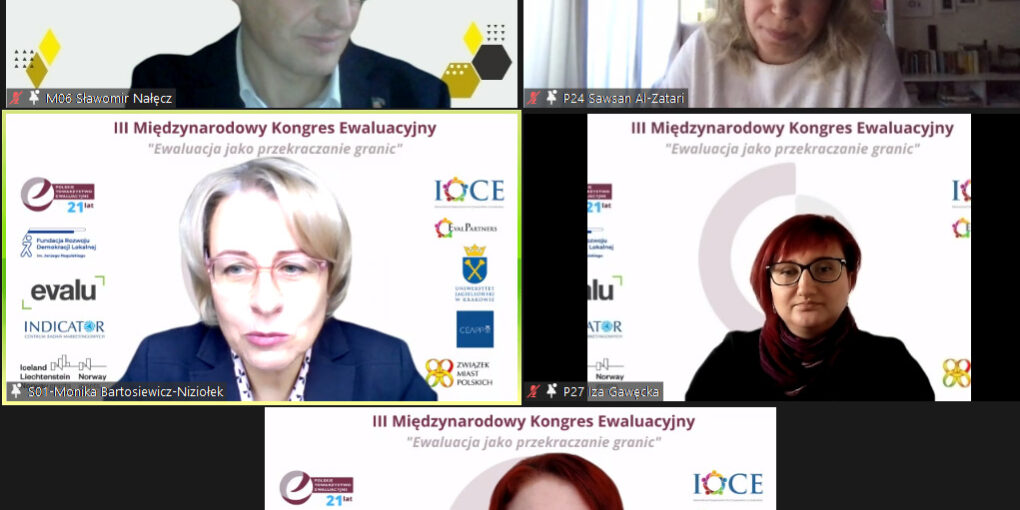On October 22, the 3rd International Evaluation Congress was held, co-organized by the Youth Impact project partner The Jerzy Regulski Foundation in Support of Local Democracy (FSLD) with the Polish Evaluation Society (Polskie Towarzystwo Ewaluacyjne, PTE).
The main topic of the event was “Evaluation as crossing borders”, which indicates the challenges faced by evaluation in the national and international dimension, and also emphasizes the need to re-evaluate and introduce significant changes in the standards of evaluation as a social activity, on local level.
The event was opened by Monika Bartosiewicz-Niziołek, President of PTE, also one of the experts within Youth Impact project. There were seven panels all of which focused on different aspect of evaluation and its social context, among topics there were: “Trust and its lack in assessment and evaluation of systems” or “Evaluation in local governments”.
One of the panels entitled “Evaluation of local projects supporting youth employment from the perspective of new evaluators” was led by Sławomir Nałęcz, Ph.D., from FSLD, Youth Impact project expert. The main aim of the panel was to identify challenges faced by emerging evaluators in youth employment projects as well as to present the solutions found to deal with them. The panel was attended by: Sawsan Al-Zatari (Co-Chair of EvalYouth MENA, member of the EvalYouth Global Mentoring Program), Alena Lappo (Member of the Board of the European Evaluation Society (EES), co-leader of the Network European Emerging Evaluators (yEES!)), Monika Bartosiewicz-Niziołek, as well as young evaluators who are starting their work in the profession and are participating in the mentoring program of the Youth Impact project: Bogusław Koseł, Maja Musialik, Izabela Gawęcka, Dominika Romejko and Karolina Wójcik-Smołucha. Thanks to different perspectives and experience of the panelists the audience got a rich picture of novice evaluations of local youth projects.
As Monika Bartosiewicz-Niziołek noticed, “As young people, you easily build your relations with the environment, you have no problems with contacts with your peers. You are sensitive to social or environmental issues. We can learn a lot from you. In the 1990s, in Poland we had only one book on evaluation at our disposal“.
“Evaluation should be for people, from people, it should be bottom-up”, emphasized dr. Sławomir Nałęcz.
Conference participants argued that evaluators may be simply called partners, observers, as in Poland, the term evaluator may trigger unfavorable attitudes among the audience. “It is very important for us to be evaluation ambassadors, able to convince others to it, speak the language of benefits, and show that evaluation has nothing to do with criticizing or judging, although it is so often associated with that by the outsiders”, concluded Bartosiewicz-Niziołek.
The conference is co-organized by The Jerzy Regulski Foundation in Support of Local Democracy as part of the Youth Impact project funded by Iceland, Liechtenstein and Norway through the EEA Grants and Norway Grants.
– by FRDL







